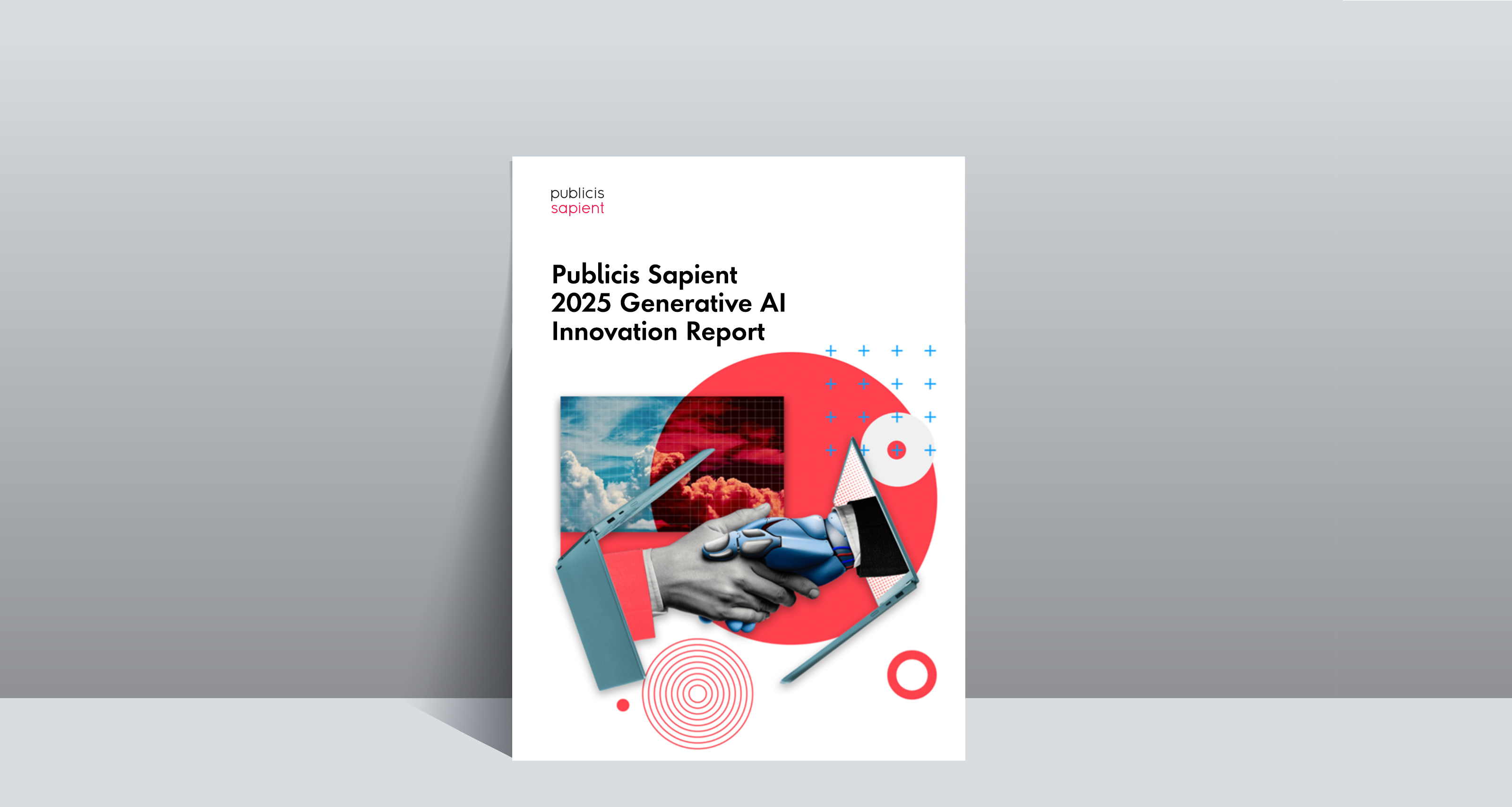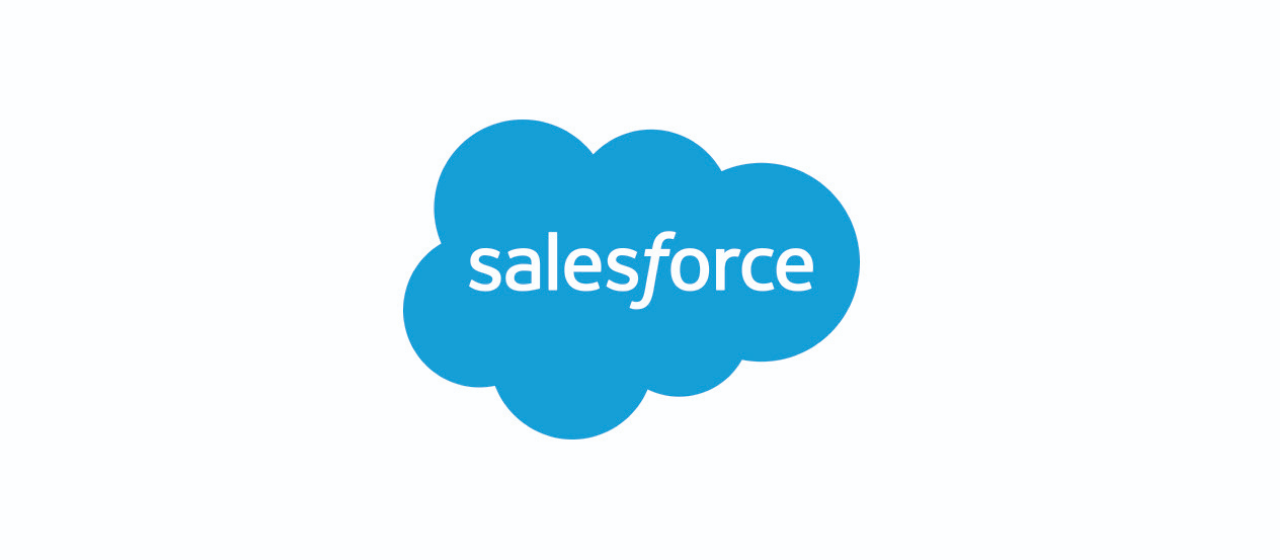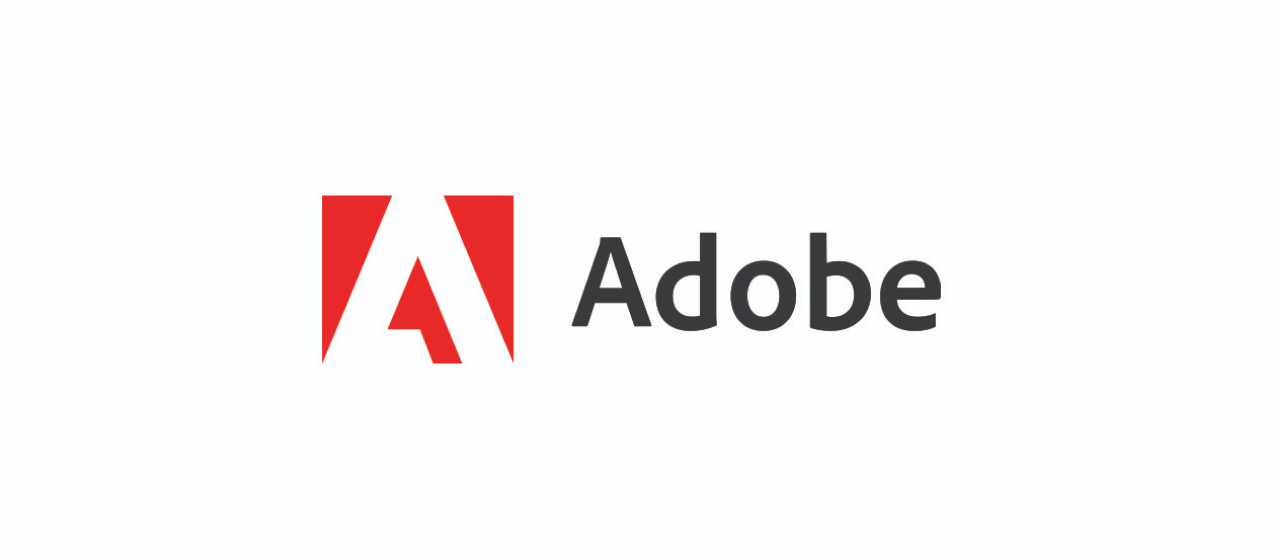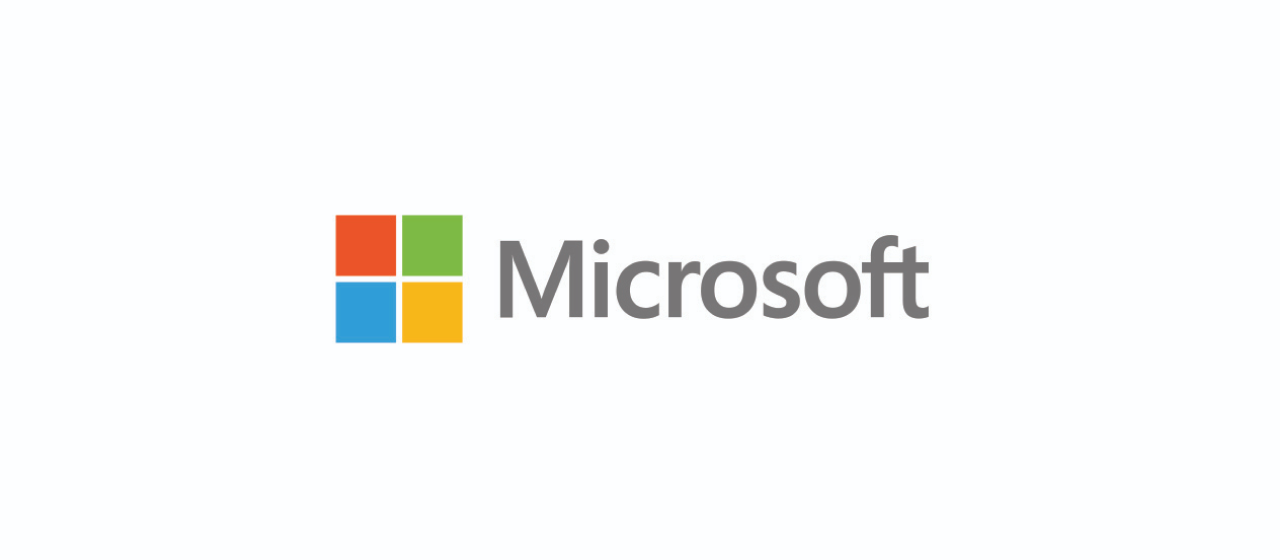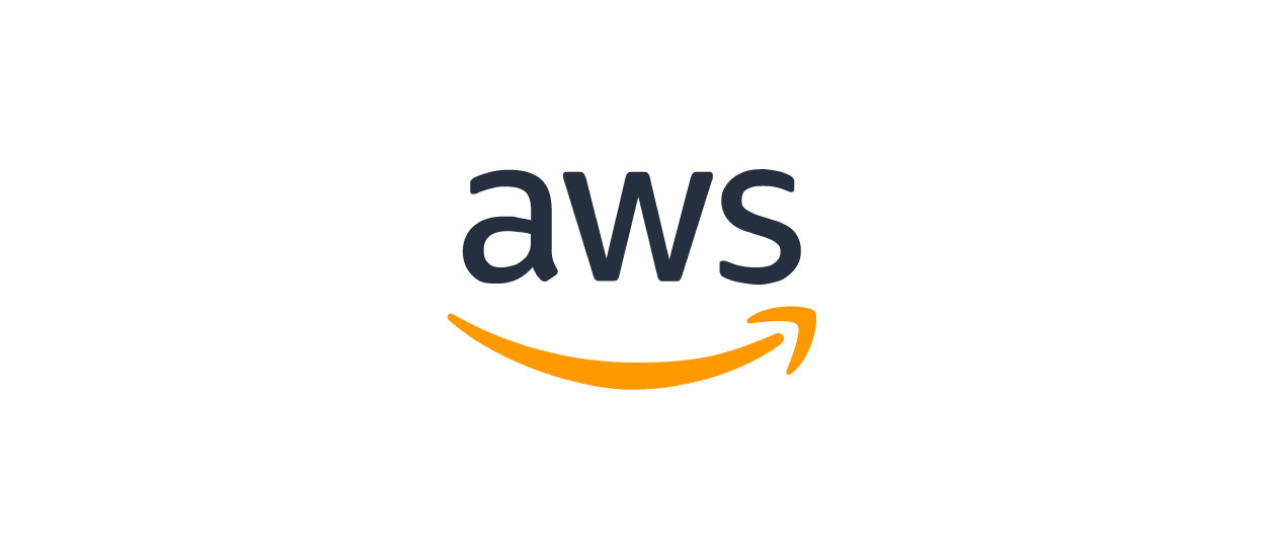What issue can we solve for you?
Type in your prompt above or try one of these suggestions
Suggested Prompt



Artificial Intelligence Consulting
The time for talking about AI is over. Let’s get to work.
Go beyond AI
We don’t need to sell you on the benefits of AI. You already know the huge disruptive potential it wields. And even if you haven’t already implemented AI in some way, you’re thinking about it, right?
Enter Publicis Sapient. Some consultancies will blind you with buzzwords. Not us. We roll up our sleeves and make AI happen — for you. With our proprietary AI platform, Sapient Slingshot, we'll infuse AI into the very DNA of your business, preparing your tech stack — and your people — for what’s next.
And while we’re focused on your tech, we never take our eye off what truly matters: enhancing the human brilliance at your core.
Let’s go beyond AI together. Start your transformation today.

-
30+years digital transformation expertise
-
20,000experts ready to transform your business
-
72worldwide offices
-
5+AI partners
Our holistic AI approach

Our AI platforms
Solutions
Our AI solutions
With our tailored AI offerings, we’ll help you uncover, prioritize and implement the highest-value use cases for your unique goals.
Our AI partnerships
We’re partner agnostic, so we’ll match you to the perfect ally for your AI transformation.




